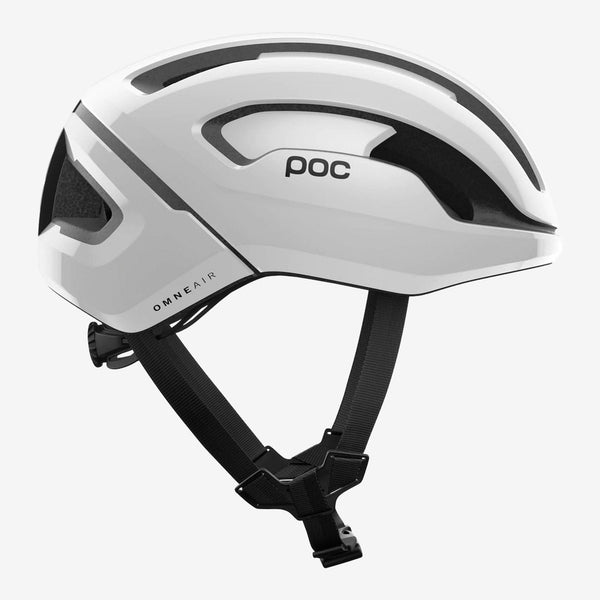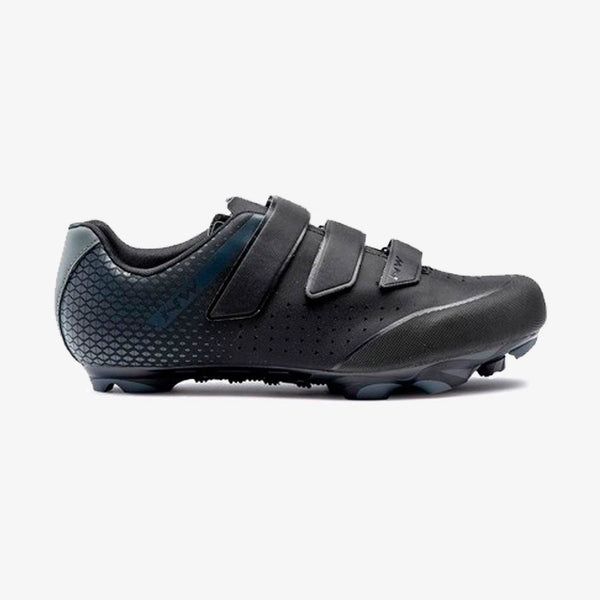The Poc Coron Air MIPS helmet is designed for high performance all day long for your enduro bike races. Designed using POC's holistic helmet concept, the helmet offers superior comfort, fit and performance, optimized for all-day use. Its features, such as the optimized ventilation channels that provide maximum airflow at both low and high speeds, make the helmet ideal for enduro riding. Includes MIPS Brain Protection System for better protection against rotational impacts. Helmet headsets are designed to minimize the negative effects on balance and hearing associated with wearing a full face helmet. Fiberglass shell and multi-impact EPP shell provide high impact while providing increased durability and reduced weight. Developed in collaboration with POC team athletes such as Martin Söderström and Robin Wallner.
Function:
- Recommended use: Enduro
- full helmet
- MIPS system
- EPP helmet shell provides increased impact protection
- The body is made of fiberglass for durability.
- The visor of the helmet detaches in the event of a fall, improving neck protection
- Innovative airflow channels through the helmet keep your head cool at high and low speeds
- Cheek pads are easily removed after a fall, making it easier for medics to remove the helmet after an injury
- Special ear chambers reduce hearing and balance effects when wearing a full face helmet
- Weight: 1130g (size M)
- Size: S (51-54cm), M (55-58cm), L (59-62cm)
Technology:
MIPS :
MIPS is a leading translational helmet technology designed to reduce rotational forces that can occur in certain impacts. When the head spins rapidly and comes to a sudden stop, the rotational accelerations put a lot of stress on the brain tissue. The stretching of the tissue caused by these movements can cause various types of brain damage. We believe that helmets equipped with MIPS technology can provide a higher level of protection against certain types of impacts. MIPS uses a flat offset system that moves inside the helmet and mimics the brain's own protection system. This layer is designed to rotate within the helmet to potentially slow or reduce energy going into or out of the head. Science tells us that if we can reduce the stress associated with rotational acceleration, we can reduce the risk and severity of brain damage.
 -15%
-15%
 Agotado
Agotado
 -15%
-15%
 Agotado
Agotado